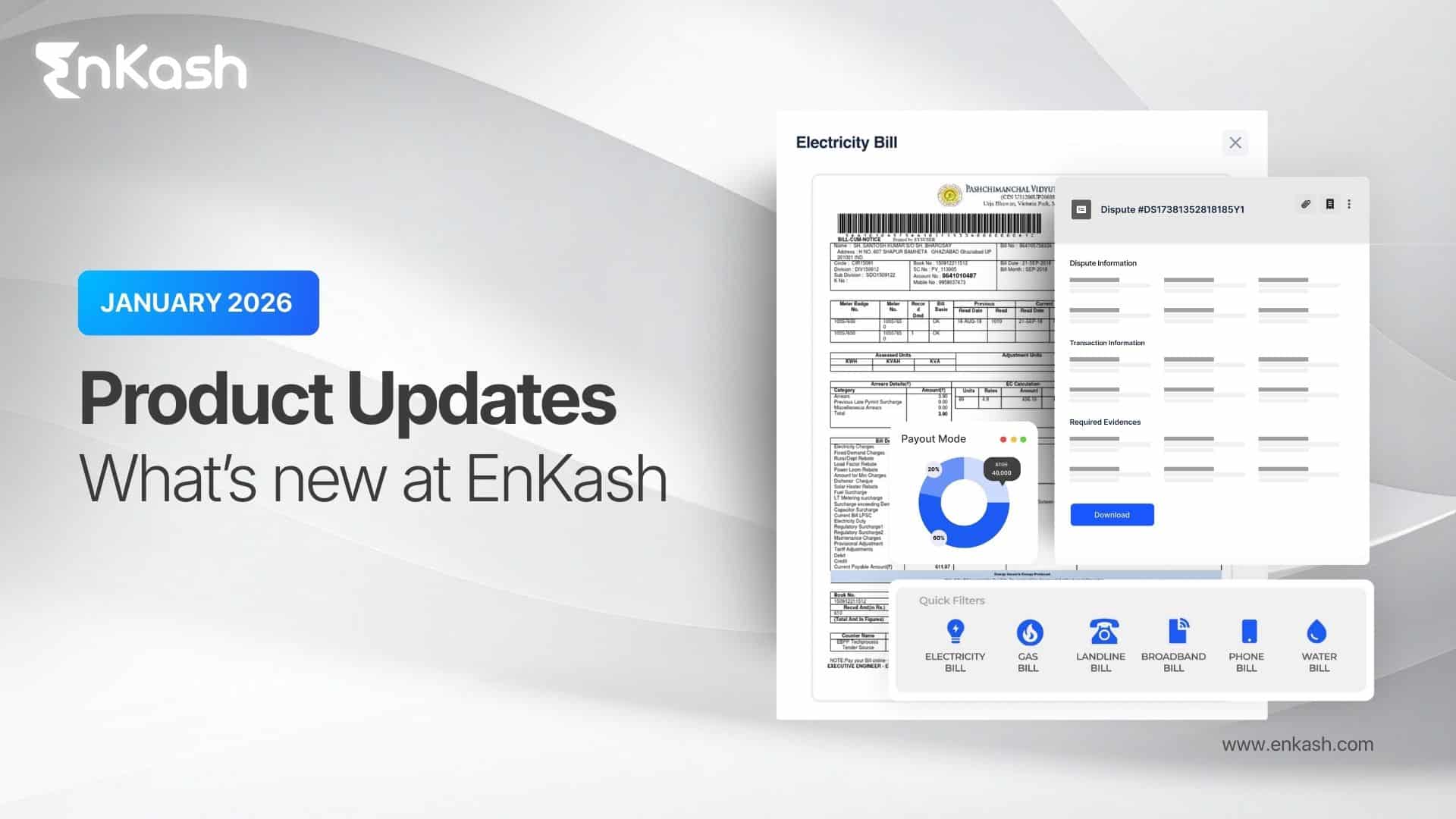Payment gateways are an essential component, enabling businesses to accept online payments securely and efficiently. In this article, we will delve into the inner workings of payment gateways, explaining how they operate and the role they play in facilitating online transactions.
How payment gateways work
Payment gateways act as the intermediary between the merchant’s website or application and the financial institution that processes the payment. When a customer makes a purchase, the payment gateway securely collects the payment information, such as credit card details, and encrypts it to ensure the data is protected during transmission.
Once the payment information is received, the payment gateway sends it to the payment processor, which is responsible for communicating with the customer’s bank or credit card issuer to authorize the transaction. The payment processor verifies the customer’s account balance, confirms the availability of funds, and checks for any suspicious activity or fraud indicators.
The role of payment processors
Payment processors are distinct entities that work in conjunction with payment gateways. While payment gateways focus on securely transmitting payment data, payment processors handle the authorization and settlement of the transaction. They communicate with the customer’s bank or credit card issuer to verify the transaction details and ensure the funds are transferred from the customer’s account to the merchant’s account.
Payment processors play a crucial role in the payment ecosystem by managing the complexities of transaction authorization and settlement. They ensure that transactions are processed securely, funds are transferred accurately, and any disputes or chargebacks are handled efficiently.
Key differences between payment gateways and payment processors
It’s important to distinguish between payment gateways and payment processors, as they serve distinct functions within the payment process. Payment gateways focus on securely transmitting payment data between the customer and the merchant, while payment processors handle the authorization and settlement of the transaction.
Payment gateways act as the interface between the customer and the merchant’s website, facilitating the secure collection and transmission of payment information. They encrypt the data to protect it from unauthorized access and ensure the privacy and security of customer information.
On the other hand, payment processors are responsible for verifying the transaction details, communicating with the customer’s bank or credit card issuer, and facilitating the transfer of funds from the customer’s account to the merchant’s account. They handle the complexities of transaction authorization, settlement, and reconciliation.
Benefits of using a payment gateway
Using a payment gateway offers numerous benefits for businesses and customers alike. Firstly, it provides a seamless and convenient payment experience for customers, enabling them to make purchases securely and efficiently. Payment gateways support various payment methods, including credit cards, debit cards, and digital wallets, giving customers flexibility in choosing their preferred payment option.
For businesses, payment gateways streamline the payment process, reducing manual efforts and ensuring accurate and timely transaction processing. They provide robust security measures to protect against fraud and data breaches, safeguarding sensitive customer information. Additionally, payment gateways offer features such as recurring billing, subscription management, and multi-currency support, catering to the diverse needs of businesses operating in the global marketplace.
Common features and functionalities of payment gateways
Payment gateways offer a range of features and functionalities to enhance the payment experience for businesses and customers. Some common features include:
Payment method support: Payment gateways support various payment methods, including credit cards, debit cards, e-wallets, and bank transfers.
Security measures: Payment gateways incorporate robust security measures to protect sensitive payment data. These measures include data encryption, tokenization, fraud detection, and PCI DSS compliance.
Integration options: Payment gateways provide integration options for seamless integration with e-commerce platforms, shopping carts, and mobile applications. This simplifies the implementation process for businesses and ensures smooth payment processing.
Recurring billing and subscription management: Many payment gateways offer features for recurring billing and subscription management, enabling businesses to automate regular payments and manage subscriptions efficiently.
Multi-currency support: Payment gateways with multi-currency support allow businesses to accept payments in different currencies, expanding their reach to international customers and facilitating cross-border transactions.
Conclusion
Payment gateways stand as the linchpin of secure and efficient online transactions, acting as the vital bridge between merchants and financial institutions. As we’ve unraveled their workings, differentiated them from payment processors, and outlined their myriad benefits and features, it becomes evident that these gateways not only streamline the payment process for businesses but also enhance the overall experience for customers. From robust security measures to support for diverse payment methods and global transactions, payment gateways continue to play a pivotal role in shaping the future of e-commerce, ensuring seamless, reliable, and secure digital transactions worldwide.









